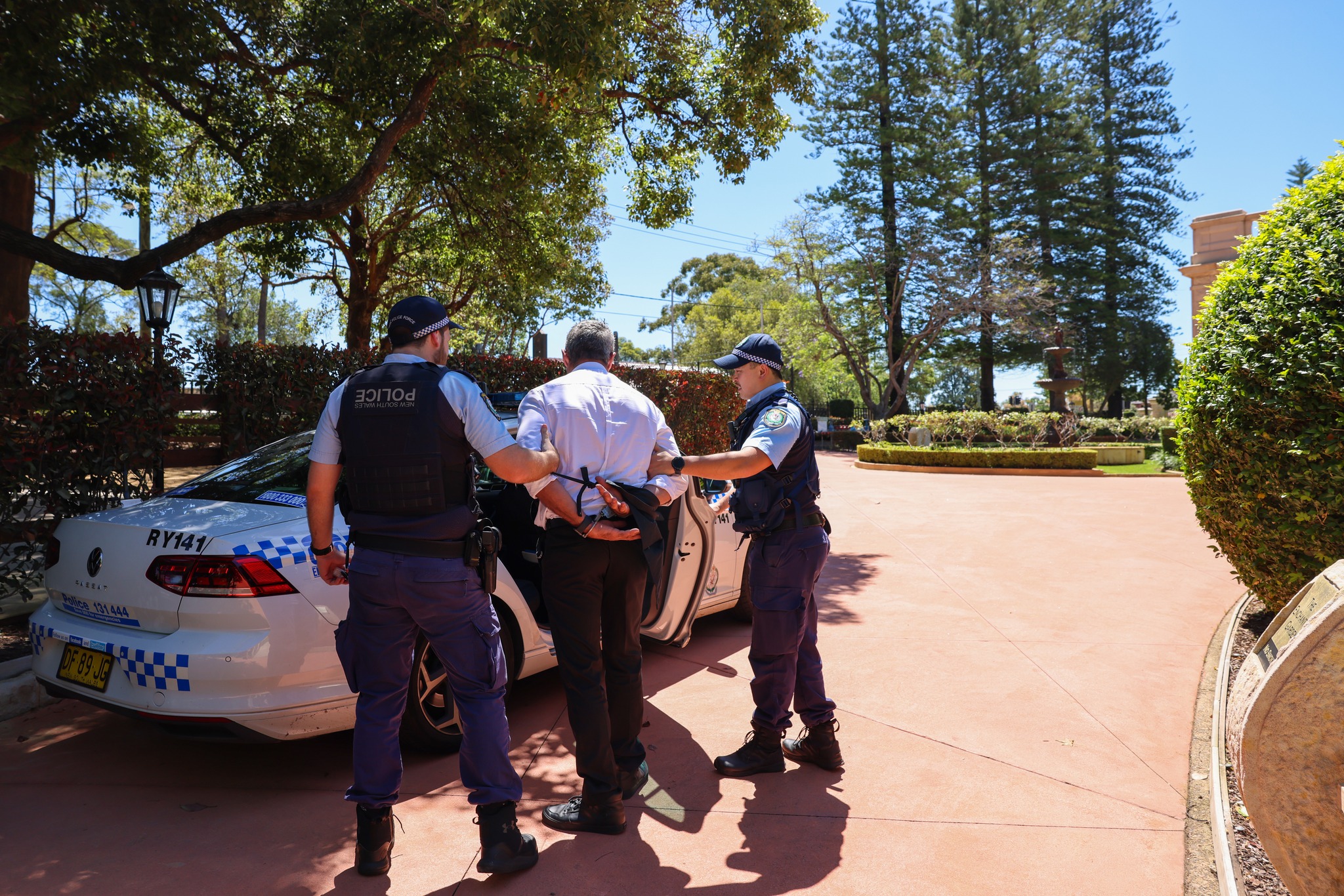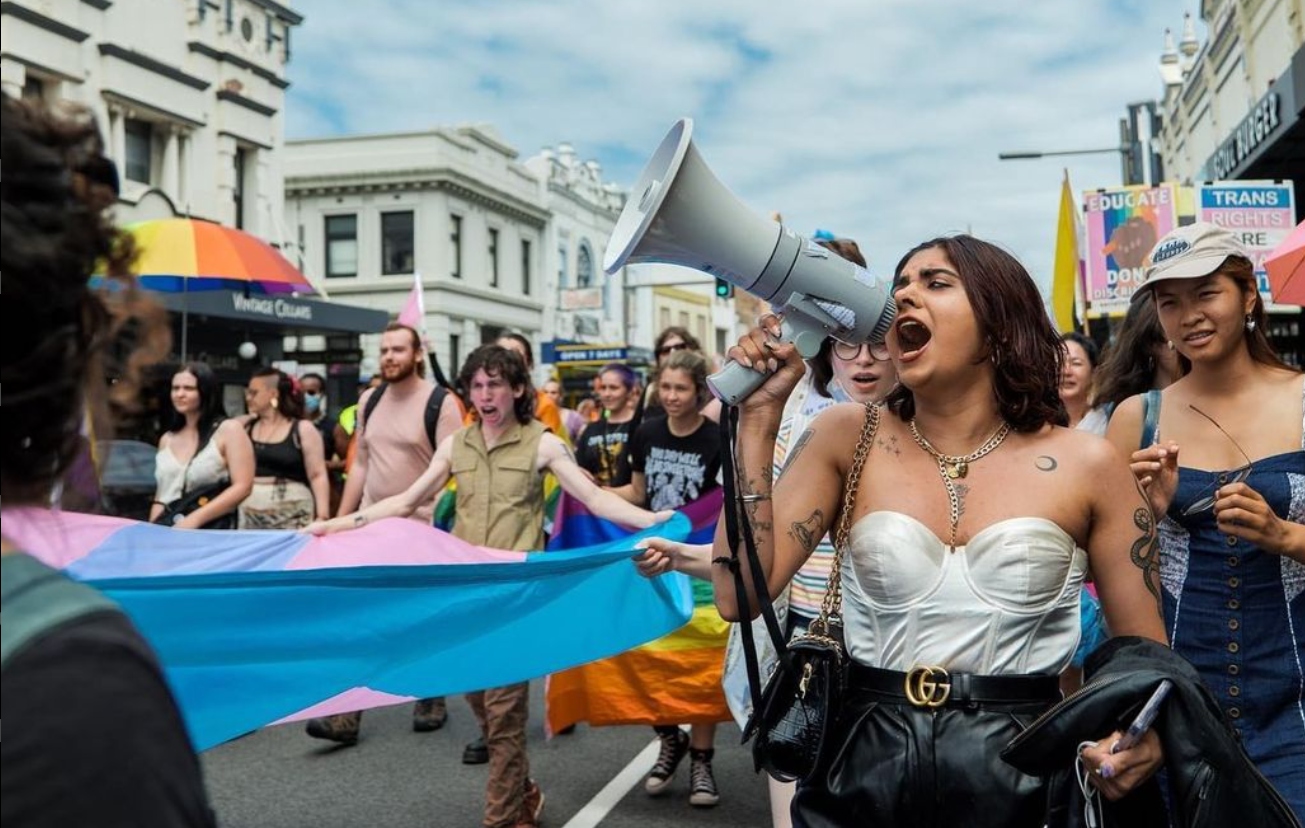

by JUSTIN COOPER
A class action on unlawful strip searches at music festivals is set to proceed despite the NSW Government’s attempts to shut it down by “declassing” the representative proceeding.
The group action was filed in the NSW Supreme Court on behalf of hundreds of festivalgoers who were subjected to strip searches by police between 2016 and 2022.
The state tried to argue that such claims should only proceed on an individual basis.
But the Supreme Court said a class action was the most appropriate way for group members to challenge the legality of and seek compensation for the strip searches, ruling in favour of the Festival Strip Searches Class Action in December.
The Government had previously argued in January last year that under section 157 of the Civil Procedure Act that the class action could not proceed due to a lack of commonality between plaintiff claims.
In addressing the previous notice of motion, Justice Peter Garling explained that the class action would raise similar questions from a common cause.
“I am abundantly satisfied that these representative proceedings should continue because they are the most effective and efficient means of determining the issues raised by the group proceedings,” said Justice Garling.
Furthermore, Justice Garling spoke in favour of the class action’s “alternative” proceedings, as the many individual cases “would not be in the interests of the administration of justice.”
“Accordingly, for these reasons, the Motion was dismissed,” Justice Garling concluded.
“Invasive” and “harmful”
The class action was filed in July 2022 on behalf of plaintiff Raya Meredith, who allegedly experienced an unlawful strip search by NSW Police at the Splendour in the Grass music festival in Byron Bay in 2018.
When entering the festival Raya was pulled aside by police officers and sniffer dogs, requesting they conduct a strip search.
At the 1.5 metre make-shift cubicle, the plaintiff recalls several issues. During the search, Raya was requested to take out her tampon and bend over. Though the search was conducted by a female officer, a male officer briefly entered.
After filing the initial claim, Raya later chose to include and represent hundreds of other festivalgoers between 2016 and 2022 that allege their strip searches constituted unlawful acts including assault, battery and false imprisonment.
Raya’s case was represented by Redfern Legal Centre (RLC) and Slater and Gordon Lawyers, who have welcomed the court’s decision.
Samantha Lee, a senior police accountability solicitor from RLC, told News Corp that “strip searches are invasive, harmful and have a long-lasting impact”.
“We know that young people are strip-searched at disproportionate rates. We work with many clients who have been deeply traumatised by strip searches,” she said.
“We hope that this class action will achieve justice … and lead to legislative change to ensure strip searches only occur in circumstances of the utmost seriousness.”
Controversial drug harm reduction procedure
Strip searches are controversial for being often invasive and humiliating in their attempts to reduce drug harm.
Some allege that strip searches target vulnerable populations.
It was recently found that the NSW Police Force strip-searched 31 girls (10-17 years) between 1 July 2021 and 30 June 2023. Three girls were aged 12 and six girls were aged 13.
In October last year, it was revealed that the number of Indigenous people strip-searched by NSW Police jumped 35 per cent in the preceding 12 months, with 11 of those searched aged under 18, including a 12-year-old.
Strip searches and use of drug detection dogs have been criticised by activists and political parties alike. Greens Legislative Member Cate Faehrmann has been a particularly strong voice against sniffer dogs.
In September, Faehrmann revealed parliamentary documents which state that the average success rate of sniffer dogs has been 25 per cent over the past 10 years. Furthermore, only 47 per cent of police officers had completed the relevant music festival training in the allocated time frame.
Speaking to City Hub at the time, Ms Faehrmann said, “Countless experts have said that this over-the-top policing could be causing more harm than the drugs themselves.”
“This is harassment, plain and simple and shows just how much the police are trying to justify the whole disgraceful, wasteful program.”
The Greens have recently made the push for pill testing to be conducted in favour of strip searches at music festivals, introducing a bill to trial the methods in thesState.
Despite many reports raising concern of the rising search rates and evidential effectiveness of the procedure, Premier Chris Minns has continued to defend NSW Police’s strip search protocols.
NSW Premier Chris Minns has also adhered to his argument that pill-testing was not a one-stop solution for preventing drug-related deaths.









